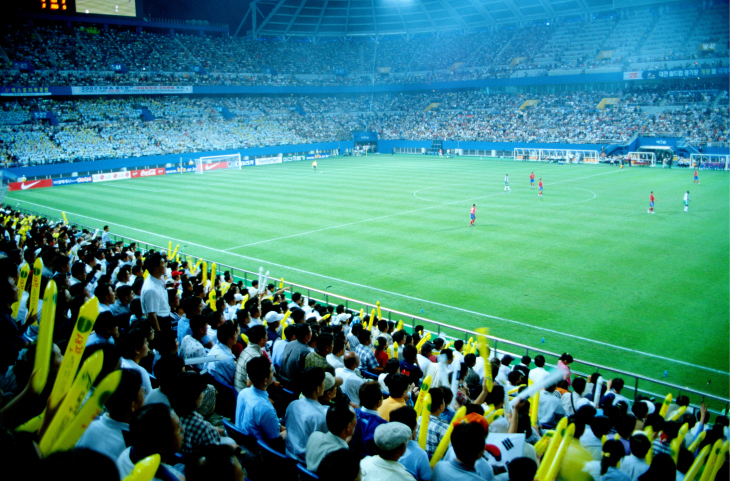Breaking down the World Cup running stats

It’s no secret soccer players do a lot of running during a 90-minute game, but who were the top runners in the tournament? Who ran the most and who was the fastest?
Well, the fastest player of the entire tournament was Costa Rica’s Junior Diaz, a defender who was clocked at a blazing 33.8 km/h, or 9.4 m/s. This is pretty fast when considered in the context of soccer matches. It equates to about a 1:46 kilometre, and is about the speed Olympic 100m finalists run the first 10 or 15 metres of their race before nearing top speed.
But Diaz didn’t run particularly far during his games. Over the course of a tournament, Germany’s Thomas Mueller ran a whopping 84K, the most of any player, over the span of seven games for an average of 12K each game. But 12K still came nowhere near the what the toughest workhorses ran from other teams that didn’t make it as far.
American midfielder Michael Bradley ran an average of 13.68K per game during the world cup, more than any other player. He played four games.
Still, single players don’t win games, and how a whole team stacks up may make a difference. Pulling the numbers together, generally the teams who did better during the tournament ran faster and farther than those who were’t as quick or hard-working, with the Dutch standing out as an odd anomaly; they ran substantially slower and shorter than other semi-final teams.
The team with the fastest players was Costa Rica, who lost in the quarter-finals to the Netherlands. Costa Rica’s team averaged a top speed of 29.42 km/h each game — that is, the top speed of each player, averaged. They may not have won, but they were put out in a shootout by a team that went on to win bronze and they nearly made the semi-finals. And at the top of the list, they are among company with other elites: Brazil, who lost in the bronze medal game, ranked second in this stat at 29.38 km/h; Argentina, who lost in the finals, ranked third with 29.29 km/h and the World Cup champions, Germany, were fourth with 29.24 km/h. The rest of the top ten is littered largely with high-performing teams.
But where are the Dutch? They came in a 31st spot, one from the bottom and ahead of only Ecuador, their payers topping out an an average 26.65 km/h. And not only did the Dutch not run fast, they also did less of it, although it makes sense if you’re running slower you’re also not going as far.
Distance covered seems less indicative of which teams did best, but still followed a loose trend: the farther they ran the better teams generally did. Argentina ran the most. Their players ran an average of 8.71K each game. It’s a bit of a jump to the overall champion Germans in sixth, who ran 8.3K each game, and the Brazilians at ninth with 8.08K, but of the top 16 in this category, 11 made it out of the round robin.
The Dutch again are towards the bottom, averaging 6.89K per game. They rank 23rd in this category, with only two teams, Mexico and Nigeria, who made it out of the round robin below them. Neither of those two teams advanced beyond the round of 16.
There are many ways to win a soccer game, but these numbers seem to suggest running fast and running far is a strong strategy, but the Dutch also seem to have found a different way to win.


